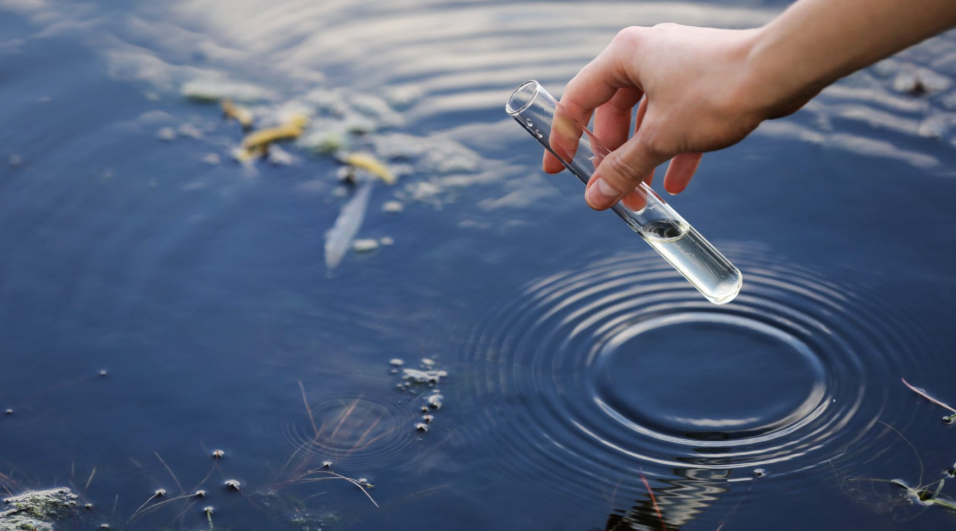Table of Contents:
- Importance of Water Quality
- Factors Affecting Water Quality
- Methods to Test Water Quality
- Improving Water Quality at Home
- Role of Restoration Companies
- Regulatory Standards and Guidelines
- Impact of Poor Water Quality
- Future of Water Quality Management
Importance of Water Quality
Water is an essential resource that is vital in sustaining life on Earth. Its quality directly impacts public health, economic activities, and ecological sustainability. Whether accessed from municipal systems, wells, or other sources, maintaining excellent water quality is imperative to prevent health hazards and provide safe, potable water consumption. Existing threats to water quality can range from industrial discharge and agriculture runoffs to urban sprawl and climate change impacts. Professional services such as restoration companies have recently become pivotal in managing, mitigating, and restoring compromised water systems, safeguarding community health and resources.
Factors Affecting Water Quality
Various natural and anthropogenic factors influence water quality. Naturally occurring minerals and weather conditions, combined with human-induced pollutants such as chemicals, heavy metals, and microorganisms, can alter the purity and safety of the water supply. Agricultural practices, industrial operations, and urban developments often contribute to the contamination, introducing pesticides, fertilizers, and hazardous waste into waterways. Understanding these contributing factors helps determine suitable remediation and preventive measures, thus protecting both ecosystems and human health.
Methods to Test Water Quality
Testing water quality is crucial for identifying contaminants and ensuring safety. Common methods include chemical testing kits, which detect factors like pH, chlorine, and hardness, and biological testing, which involves checking for bacteria such as E. coli. Professional laboratories offer comprehensive testing services, providing detailed reports on the presence of various pollutants. Moreover, home testing strips offer a quick snapshot of water quality, enabling residents to take immediate action when abnormalities are noted.
Improving Water Quality at Home
Ensuring the purity and safety of home water involves regular maintenance and adopting effective purification systems. Installing water filters, whether at the point of entry or use, can significantly reduce contaminants. Regular maintenance of plumbing systems and prompt attention to potential leaks prevent additional pollution sources. Community-level initiatives, like rainwater harvesting, support sustainable water management practices and contribute positively to improving water quality.
Role of Restoration Companies
Restoration companies play a critical role in managing water quality issues, especially in scenarios of pollution or natural disasters. They are equipped with expertise and resources to assess water quality, implement remediation strategies, and effectively restore affected areas. They offer services like water extraction, purification, and remediation, all essential to mitigating water quality deterioration and protecting community health.
Regulatory Standards and Guidelines
Regulatory guidelines, such as those provided by the EPA and WHO, outline safe levels of various pollutants and set standards for municipalities and industries to follow in treating and distributing water. These regulations ensure that water bodies remain suitable for recreational use, habitat protection, and as sources of potable water. Adhering to these guidelines is essential for maintaining public trust in water systems and ensuring long-term sustainability of water resources.
Impact of Poor Water Quality
Poor water quality poses significant threats to both human health and ecosystems. From neurological abnormalities to gastrointestinal illnesses, contaminated water can cause a variety of health problems, especially for vulnerable groups like children and the elderly. In addition to human health risks, ecosystems suffer as pollutants disrupt natural habitats, reduce biodiversity, and endanger aquatic life. Understanding the implications of water contamination is crucial for advocating better management practices.
Future of Water Quality Management
As we look to the future, technological innovations and sustainable practices are set to revolutionize water quality management. From smart sensors that provide real-time water quality data to advanced filtering technologies, the tools at our disposal are continuously evolving. Additionally, increasing community engagement in conservation efforts and policies that support sustainable development will be pivotal in ensuring water resources are protected for future generations.

